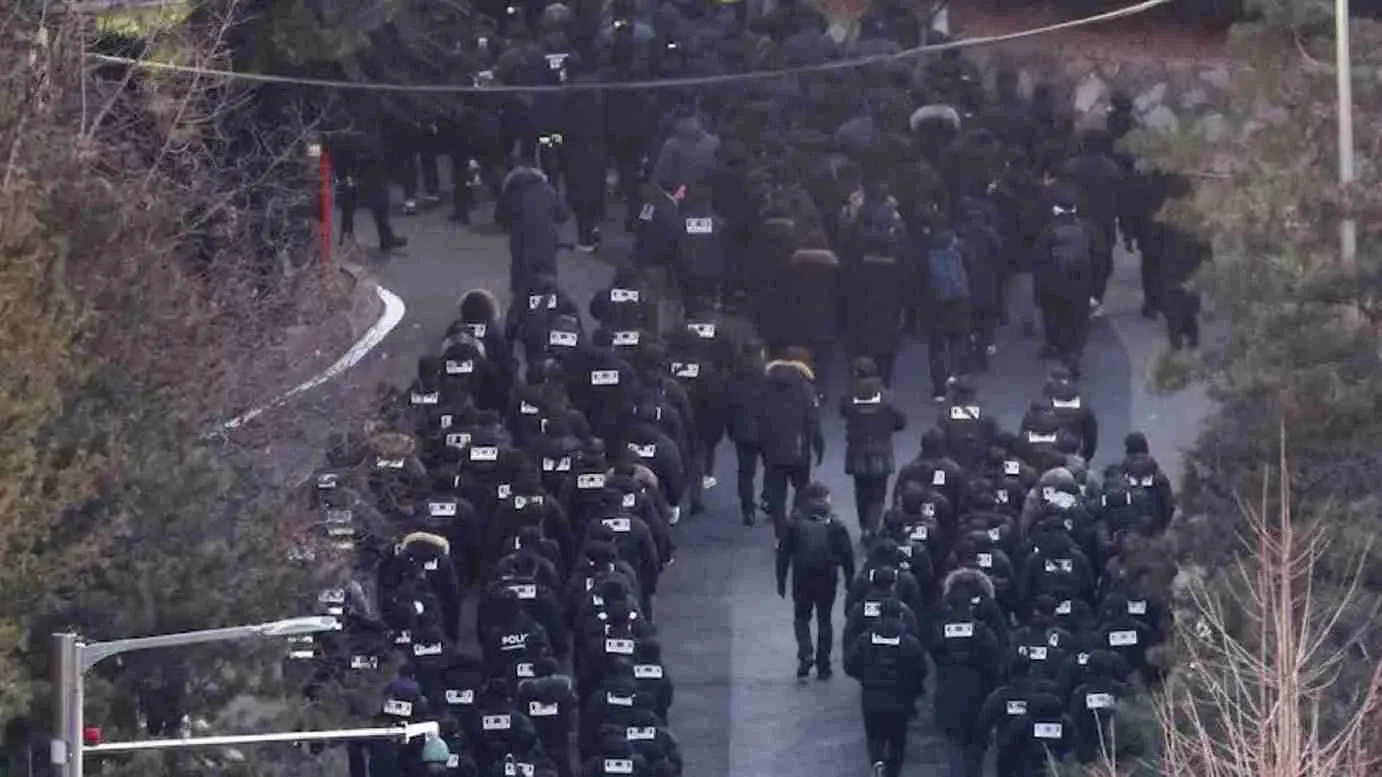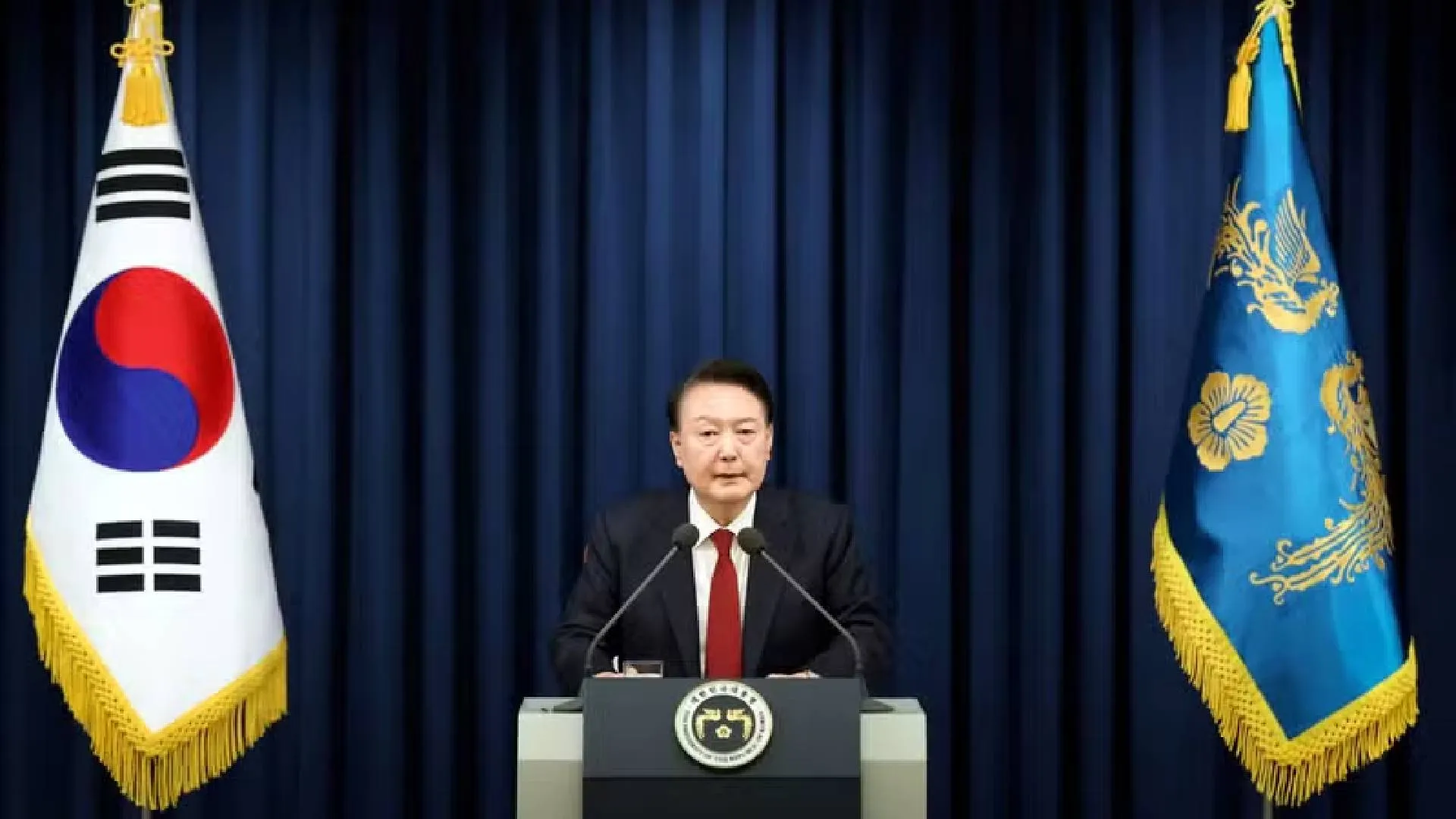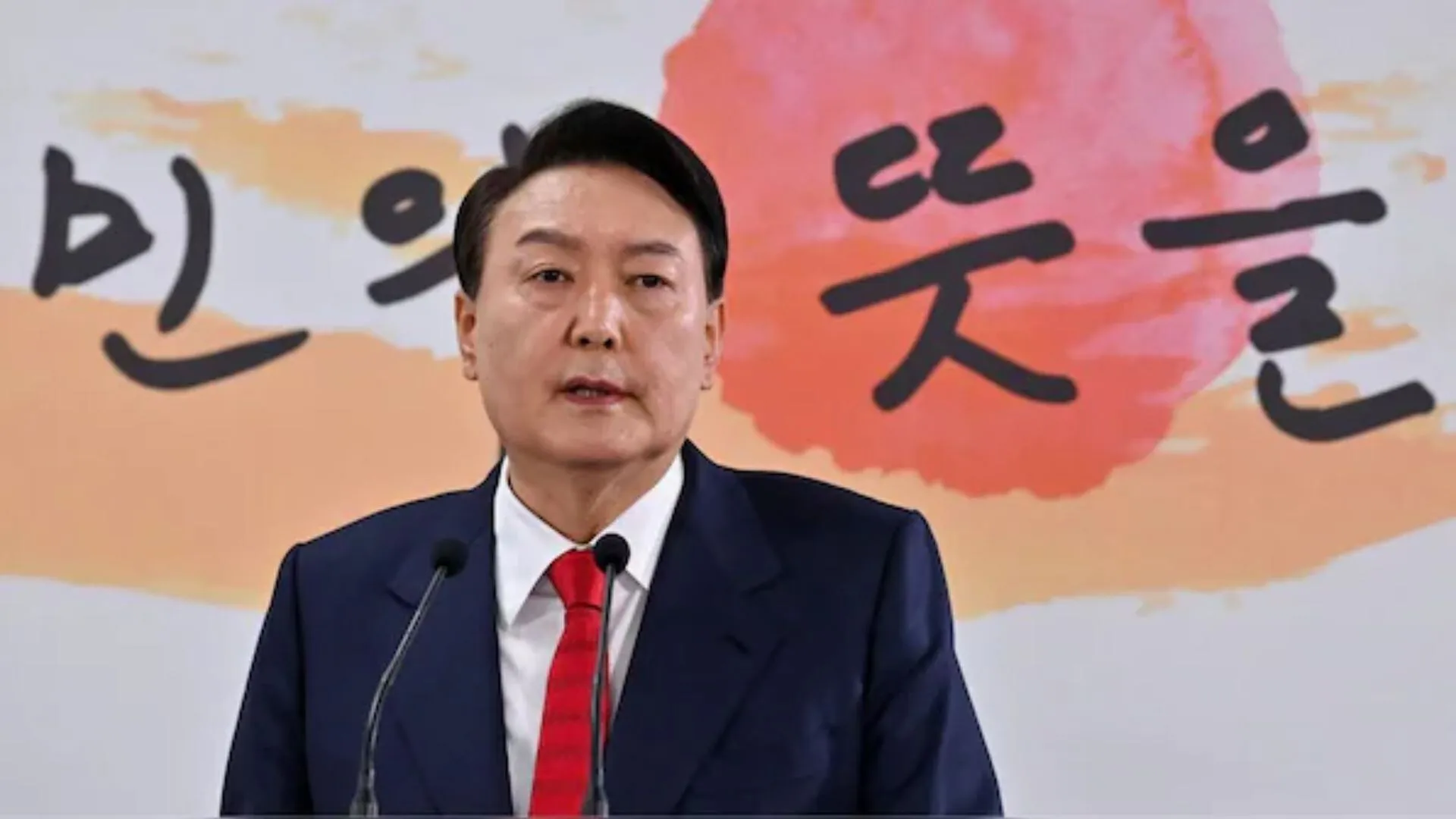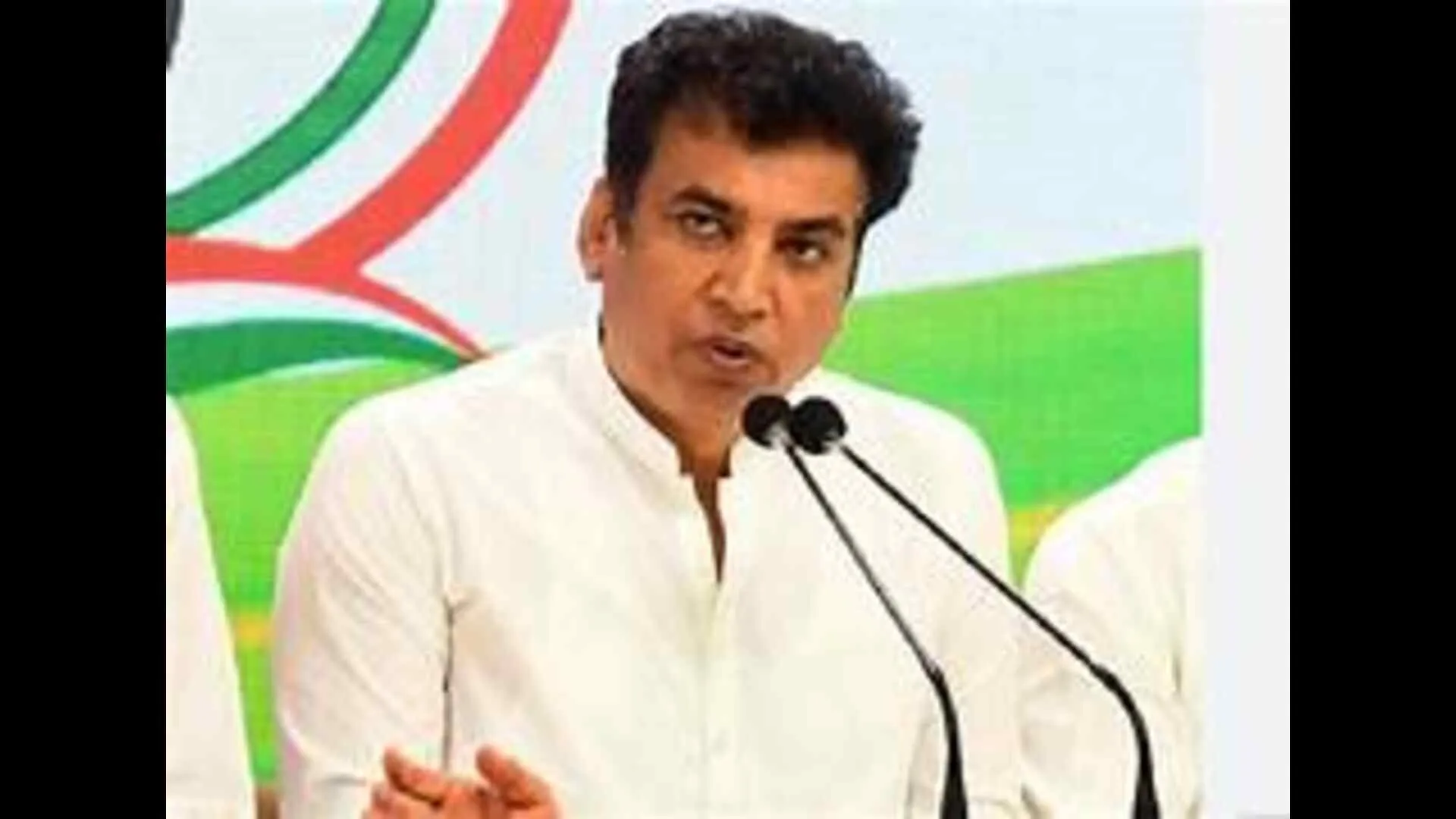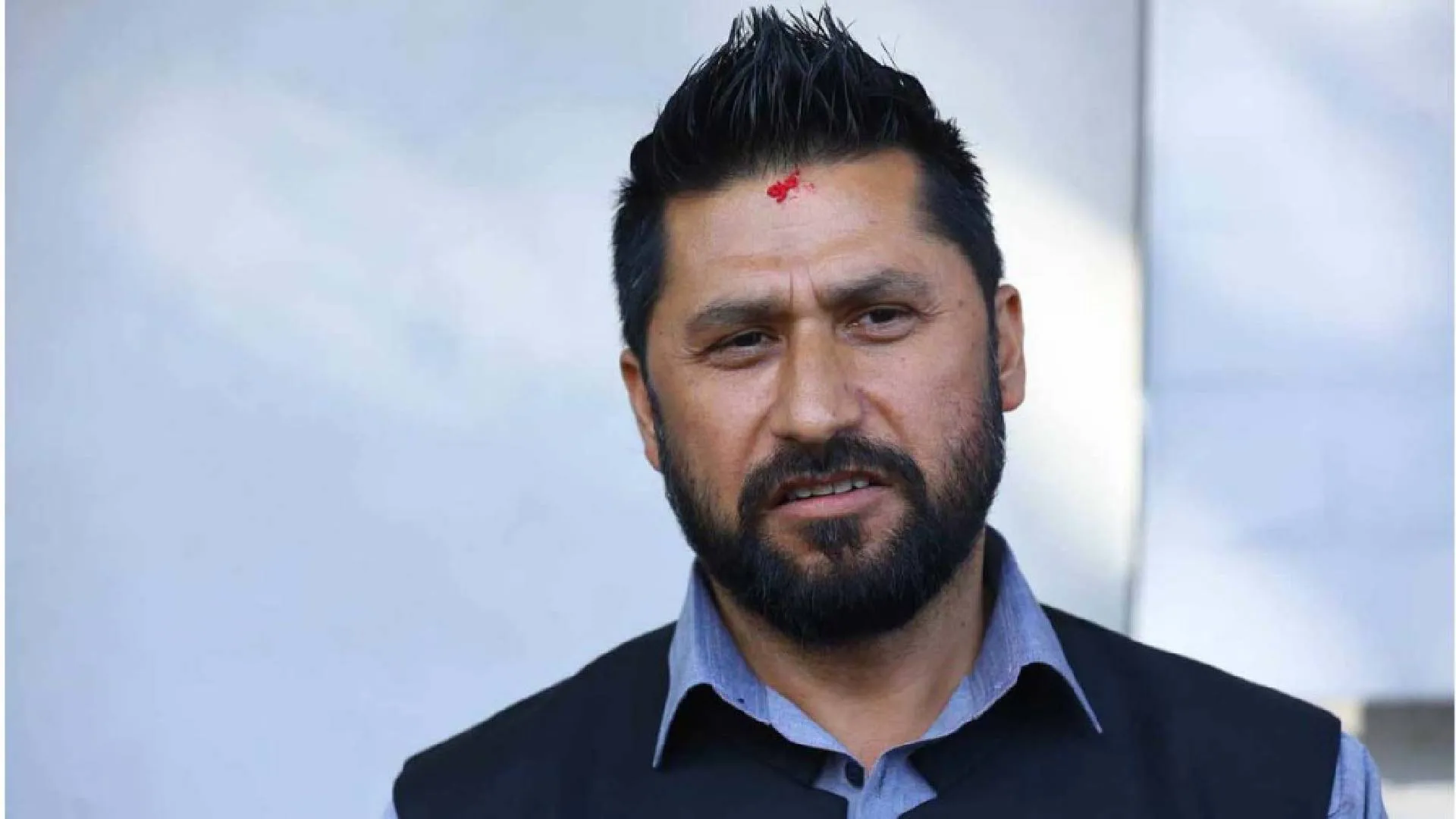Ohio Senator J.D. Vance is positioning himself as a potential running mate for former President Donald Trump, and his stance on Ukraine is drawing criticism for aligning too closely with Russian President Vladimir Putin.
Vance has used platforms like the New York Times, the Senate floor, and international stages to criticize U.S. policy on Ukraine, voting against aid to the country and advocating for immediate negotiations to end the war. Critics argue that Vance’s approach could embolden Putin to expand Russian territories and undermine neighboring democracies. Bill Browder, an investor turned human-rights activist, labeled Vance’s policies as either naive or sinister, stating they are against the interests of Americans and the free world.
Vance’s office declined to comment, but he has publicly stated that he prioritizes issues in East Asia over those in Europe. This viewpoint, according to Ukrainian researcher Tetiana Hranchak, misreads Putin’s ambitions. Hranchak, who fled the invasion and is now a visiting scholar at Syracuse University, explained that Putin aspires to restore a Eurasian empire, seeking power, greatness, and revenge against the West.
Despite condemning Putin’s actions, such as the suspicious death of opposition leader Alexy Navalny, Vance maintains that U.S. support for Ukraine is ineffective. He argues that the current aid package won’t change the battlefield reality and believes Europe should bear more responsibility for its defense.
This perspective echoes Trump’s long-standing complaint that NATO allies aren’t contributing enough to mutual defense, a stance that delighted Putin. However, data suggests the U.S. isn’t as generous in aid to Ukraine on a per-capita basis compared to other countries. Germany, for example, has committed to spending 2% of its GDP on defense this year.
Vance contends that Ukraine lacks the manpower and resources to repel Russian forces and restore its 1991 borders. However, experts like Charles Kupchan from Georgetown University argue that Vance’s stance could encourage Putin’s aggression. Kupchan suggests the U.S. needs to demonstrate its long-term commitment to Ukraine to deter Putin effectively.
Browder warned that cutting off funding to Ukraine could lead to Putin targeting NATO countries like Estonia, Latvia, and Lithuania, escalating to a conflict involving Poland and Germany. Kupchan added that the aid to Ukraine is a minor fraction of the U.S. defense budget but is crucial in weakening a major adversary.
Ohio Senator J.D. Vance dismisses fears of an imperial Putin as exaggerated, comparing current U.S. support for Ukraine to the false justifications for the Iraq War. However, critics point out that the situations differ significantly, with Ukraine’s government legitimately seeking U.S. assistance against an invasion.
Browder summed up the criticism, suggesting Vance’s stance is a deliberate pro-Russian position.


